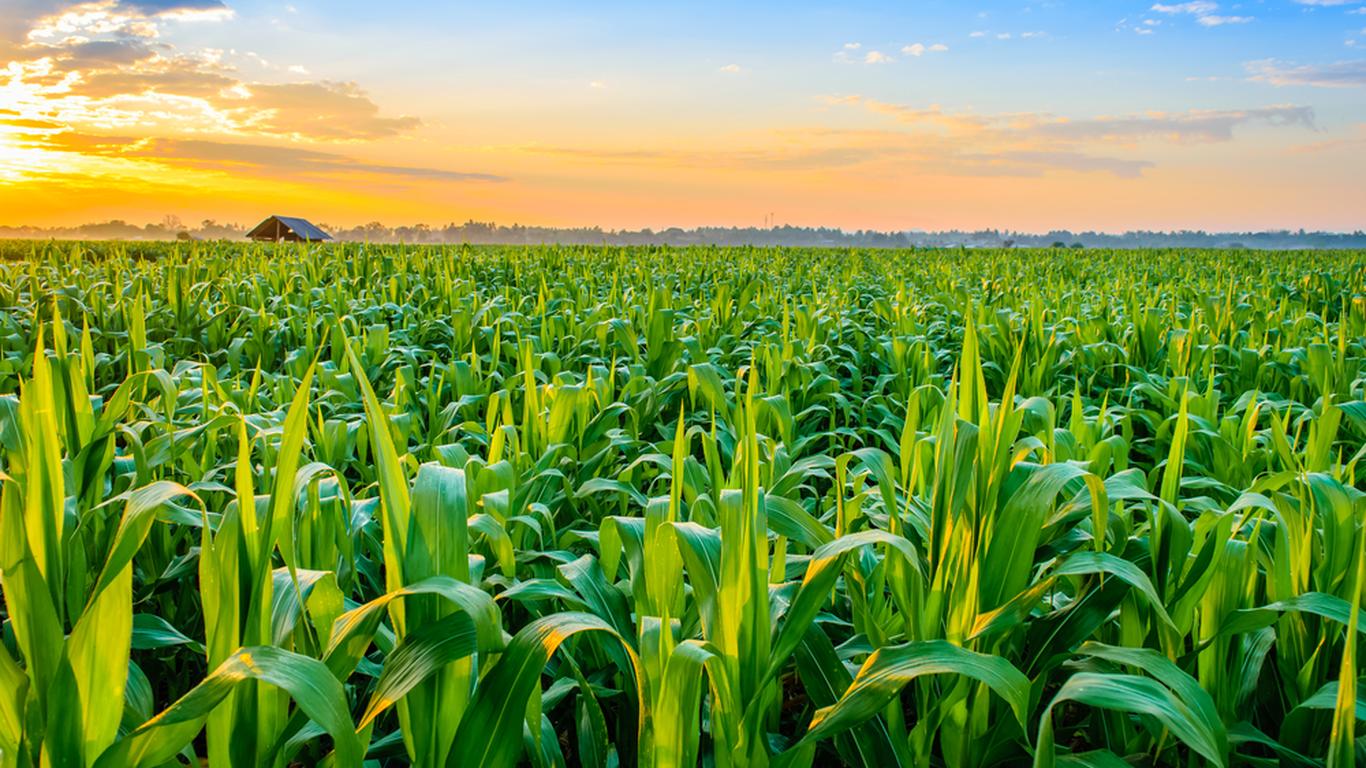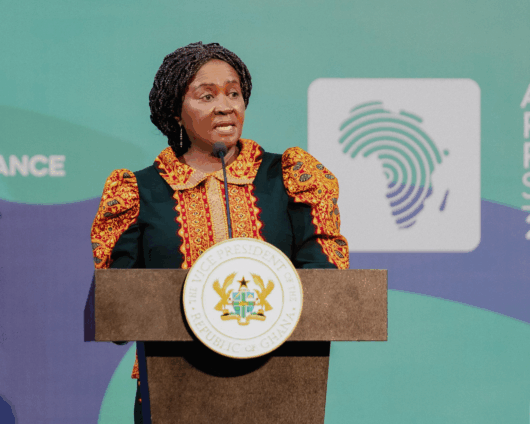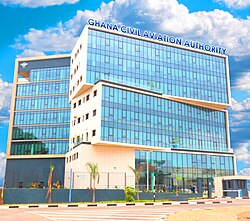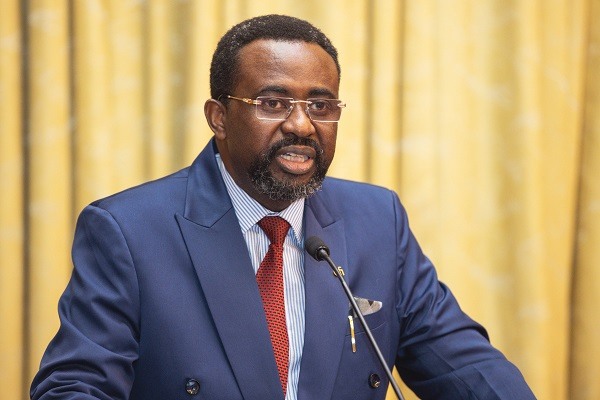Ghana’s agriculture sector is set for a major boost in 2025, with the government and development partners pledging a combined GHS 2.9 billion to fund priority programmes under the Ministry of Food and Agriculture.
According to the 2025–2028 Medium-Term Expenditure Framework, the investment will support the flagship Feed Ghana programme as well as initiatives in mechanisation, irrigation, livestock development, and post-harvest infrastructure all aimed at improving food security and reducing dependence on imports.
The financing will be split between government resources, including Internally Generated Funds (IGF), which will provide GHS 1.61 billion (55.3%), and development partners, contributing GHS 1.3 billion (44.7%). Of the total amount, GHS 226.6 million will go towards employee compensation, GHS 1.13 billion will fund goods and services, and GHS 1.55 billion will be dedicated to capital expenditure.
This funding aligns with Ghana’s broader Agriculture for Economic Transformation Agenda (AETA), which focuses on modernising the sector, increasing productivity, and creating sustainable jobs across the agricultural value chain.
As part of the same framework, the government is also advancing a bold agricultural policy to cut its annual $2 billion palm oil import bill by significantly scaling up local production and diversifying into high-value tree crops.
The strategy includes rolling out a National Palm Oil Industry Policy, distributing 1.5 million oil palm seedlings to farmers, promoting large-scale out-grower plantation schemes, and offering incentives to expand domestic processing capacity.
Dubbed the RedGold oil palm programme, the initiative is expected to attract private sector investment, create thousands of rural jobs, and accelerate Ghana’s import substitution and agro-industrial transformation agenda.














